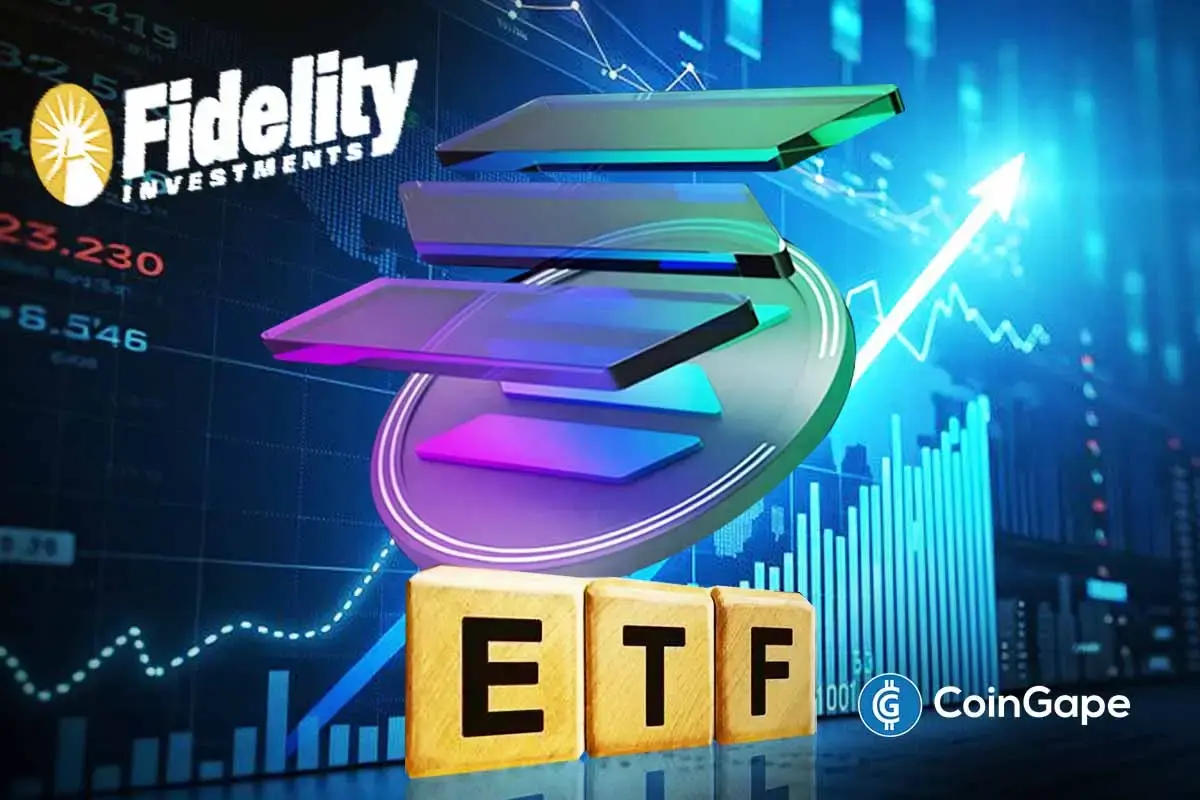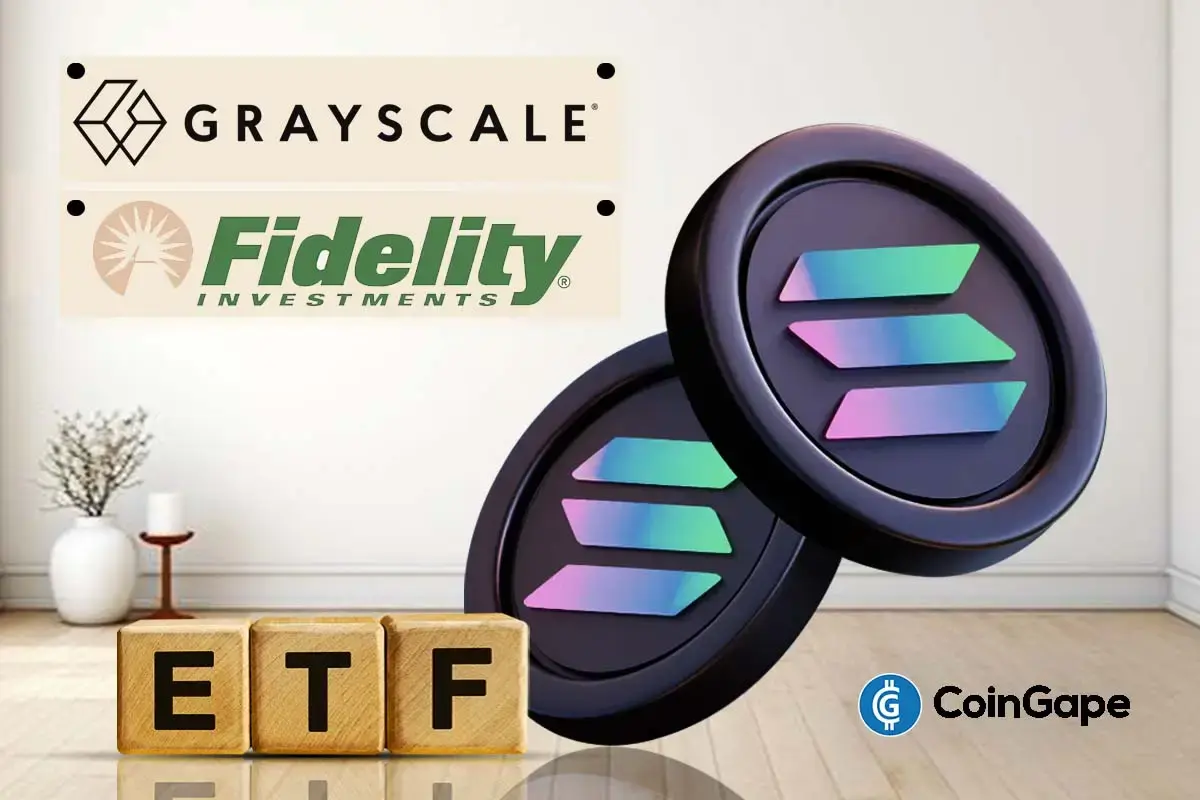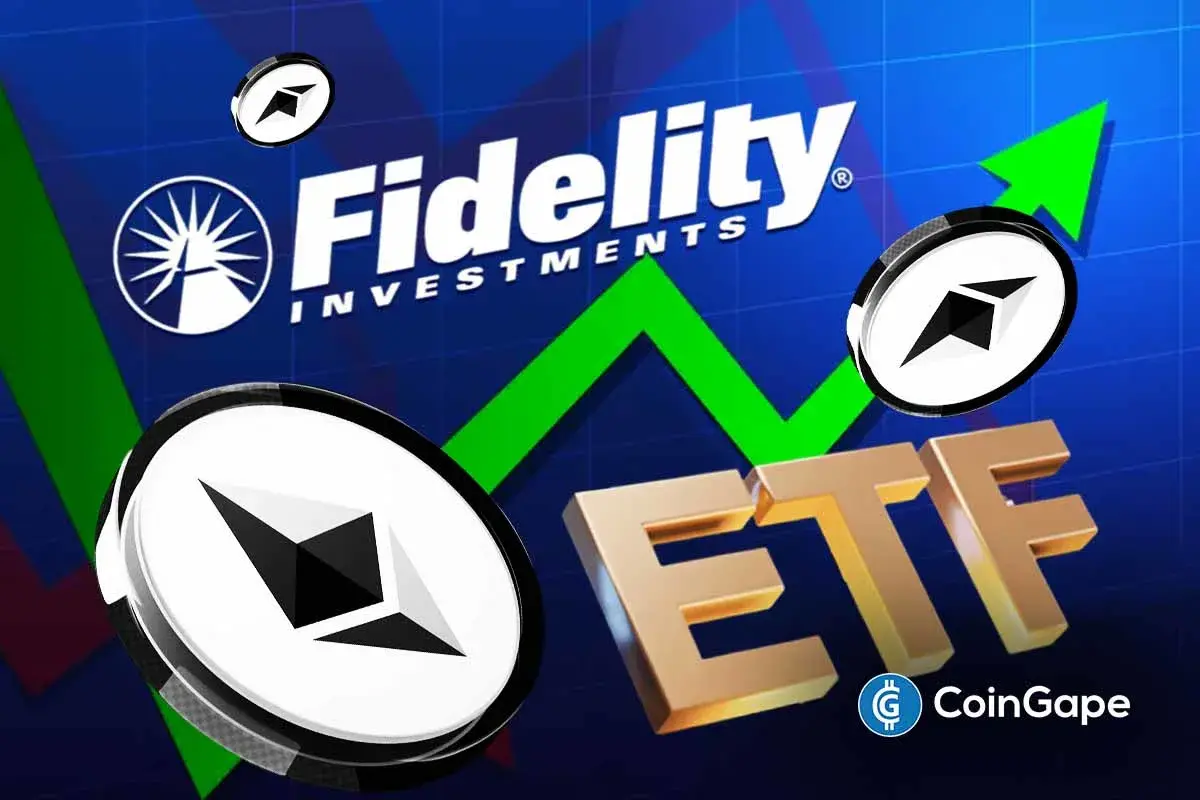Grayscale Eliminates Staking from Its Spot Ethereum ETF Plan

Highlights
- Grayscale Investments has withdrawn its staking proposal from its spot Ethereum ETF plan.
- The change was detailed in an amended preliminary proxy statement for the Grayscale Ethereum Trust filed on Tuesday.
- Fidelity excluded staking rewards from its S-1 registration statement earlier on Tuesday.
Grayscale Investments has withdrawn its staking proposal from its spot Ethereum ETF plan. This change was made clear in an amended preliminary proxy statement for the Grayscale Ethereum (ETH) Trust filed on Tuesday. The original filing had proposed staking for investors through the trust, but this option has now been removed.
Grayscale Drops Staking from Ethereum ETF Plan
In the amended proxy statement, Grayscale stated that the primary purpose of Amendment No. 2 was to remove Proposal 2. This proposal had included staking, which is now absent from the latest filing. This move aligns Grayscale with other issuers who have also removed staking components from their spot Ethereum ETF applications. For instance, Fidelity excluded staking rewards from its S-1 registration statement earlier on Tuesday.
James Seyffart, an ETF analyst at Bloomberg, noted that Grayscale’s adjustment was anticipated. In a post on X, Seyffart commented that Grayscale’s decision to remove staking language from their filing to convert $ETHE into an ETH ETF was expected.
Grayscale initially filed a Form 19b-4 with NYSE Arca in October, aiming to convert the Grayscale Ethereum Trust into a spot ether ETF. This follows their successful conversion of the Grayscale Bitcoin Trust to a spot Bitcoin ETF, achieved after a court victory and SEC approval in January.
Ether ETF Filings Revised Amid SEC Input
The removal of staking from Grayscale’s proposal is part of a broader trend among issuers of potential spot Ethereum ETFs. Recently, the SEC requested Nasdaq and the Chicago Board Options Exchange (CBOE) to modify their spot ether ETF filings. This proactive involvement by the SEC has led to speculation about the potential approval of these financial products.
In response to the SEC’s feedback, Cboe and five issuers, including Fidelity, VanEck, Invesco/Galaxy, Ark/21Shares, and Franklin Templeton, published amended 19b-4 filings. These updates are essential as the looming deadlines for issuers and exchanges to revise their filings approach. While the first of these, an application by VanEck and Cboe, faces a final deadline this Thursday, the spot ether ETFs can only launch once the SEC also approves the issuers’ S-1 forms.
Also Read: Bitcoin-Friendly US Presidential Hopeful Robert Kennedy Buys GameStop Shares
Play 10,000+ Casino Games at BC Game with Ease
- Instant Deposits And Withdrawals
- Crypto Casino And Sports Betting
- Exclusive Bonuses And Rewards

- “There Is Only One Gold,” Billionaire Ray Dalio Says Amid BTC’s Quantum Threats
- Goldman Sachs CEO Predicts ‘Weeks’ of Crypto Market Crash as U.S Iran War Continues
- Polymarket Axes ‘Nuclear Detonation’ Prediction Market Amid Public Fury
- Indiana Signs Bitcoin Bill Into Law Allowing Crypto in Retirement Plans
- ‘Time to Act Is Now’: CFTC Chief Pushes Swift Passage of CLARITY Act
- Robinhood Stock Price Prediction As Cathie Wood Buys $12M Dip in Bold ARK Move
- Bitcoin Price At Risk? Professor Who Predicted US-Iran War Says America Could Lose
- Gold Price Prediction March 2026: Rally, Crash, or Record Highs?
- RIOT Stock Prediction as Needham, Piper Sandler Slash Target After Earnings
- Cardano Price Outlook As Charles Hoskinson Warns Over CLARITY Act
- Circle Stock Price Climbs 15% to $96, Can Rally Continue in March 2026?

 Buy $GGs
Buy $GGs

















